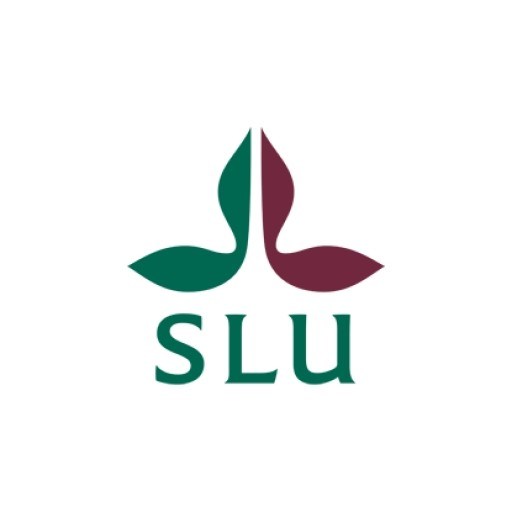Photos of university / #imperialcollege
This taught course is based mainly at the Natural History Museum, where you will attend lectures, together with computer and laboratory-based practicals. The Natural History Museum is in South Kensington and is just a five-minute walk from Imperial's main campus.
The course equips you with quantitative and analytical skills in computing, morphological and molecular techniques in systematics, taxonomy and biodiversity research.
As well as a one-week field course at Imperial’s Silwood Park Campus, you will also have the opportunity to specialise in your chosen subject during an independent four-month research project, based either at the Museum or the Silwood Park Campus.
You may choose to undertake fieldwork carrying out biodiversity surveys, to work in the molecular laboratories, or to use the Natural History Museum’s world-renowned collection of natural history specimens.
The unique location of this course enables you to attend regular seminars given by top researchers and to have important networking opportunities for future PhDs and careers.
The MSc course comprises a number of taught modules including a field course, spread over two 11-week terms. This is followed by a four month research project. There are no optional courses.
MODULES
- Tree of Life
- Phylogenetic reconstruction: theory and practice
- Biodiversity 1: Concepts
- Molecular systematics
- Ordination (biometric) techniques in taxonomy
- Introduction to taxonomic and systematic principles
- Biodiversity 2: Applied
- Statistics-R
- Palaeontology and stratigraphy
Term one: All students undertake all modules. The first module (three weeks) includes approximately one week‟s worth of induction to museum library, IT, security, H & S and catering facilities, and an introduction to Phylogenetics. The second week introduces taxonomic and systematic principles, and the third week students are taught to use the statistical programme R. Module 2 (one week) covers Biodiversity: Tree of Life, including lectures on insects, birds, protists, arthropods, algae, amphibians, nematodes, polychaetes and funghi. Module 3 „Ordination Techniques in Taxonomy‟ covers two weeks, and is an intensive introduction to various biometric techniques and data analysis, assessed by a practical write-up. Module 4 is the 2nd Biodiversity module, covering Concepts, and dealing with patterns of diversity, biodiversity assessment, and species concepts. It is assessed through production of a TREE-style article relevant to the topic, but based on the students‟ choice of organisms. This is followed by a “Reading week” during which students complete their TREE articles, catch up on revision for the first 4 modules, and also attend the Young Systematists‟ Forum. Module 4 is a two week-long module dealing with the difficult topic of Phylogeny Reconstruction. Lectures run parallel with practicals in which students apply techniques to collect and analyse data from a set of specimens (Lepidoptera), for which they produce an assessed write-up. Term Two: The students start with a Reading Week in order to revise the first terms worth of modules, and are presented with half a day of careers talks. The then have a day presenting their first appraised Oral Presentations. Module 6 is a three and a half week module dealing with Molecular Systematics, including laboratory and computer practicals which culminate in a written assessment. Module 7 is the third of the biodiversity modules, and the three week course covers Applied Biodiversity, involving identification techniques, measuring biodiversity, and collections management, including curation experience within the NHM science departments. There is then a further Reading and Revision Week, during which students revise the 2nd terms worth of lectures. Module 8 is a two week course covering Palaeontology and Stratigraphy, including a day‟s field trip. Term Three: The first week is devoted to formal examination (two x three hours) and revision. The second week is occupied by Module 9, the field course, held at Silwood Park which is assessed through production of group posters which the students prepare using Powerpoint. By mid-May, the students commence their research projects which normally have to be submitted by the last week in August. All projects are supervised by a member of staff of Imperial College or NHM, even if the project is carried out at an external institution or overseas.
The minimum qualification for admission is normally a Lower Second Class Honours degree in a Sciencebased subject from a UK academic institution or an equivalent overseas qualification. Where an applicant has a lesser degree qualification but has at least two years work experience in biology, agriculture or a related discipline, a special case for admission may be submitted to the Dean of the Royal College of Science by the Course Director.










